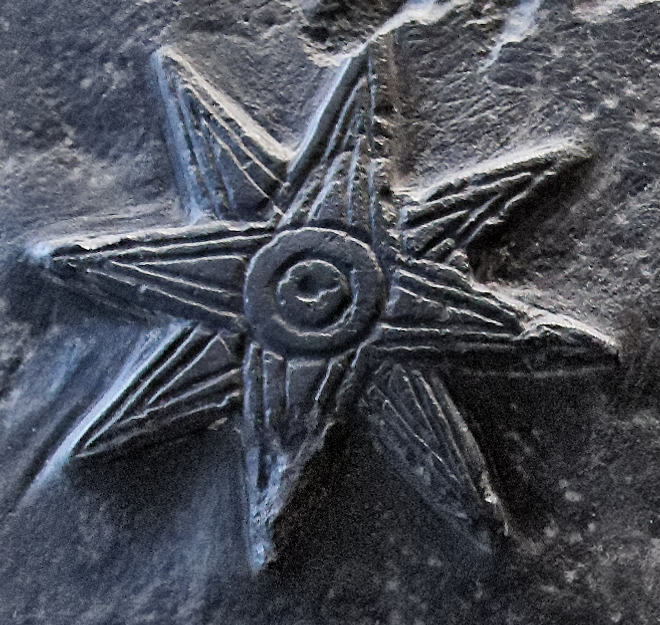Hello everyone. A bear’s work is never done, but I’m glad to take a break from patrolling to be with you all today. You can call me Smokey.
For over 80 years, I’ve had one job and one job only: to remind folks like you that only you can prevent forest fires.
It’s a big responsibility, but it’s one we can handle together by being careful with fire outdoors. Now, let’s get started!
astonishing this name wasn’t taken for over 5 years
Thanks Smokey. Luckily, there are no forests where I live only the asphalt jungle.
Smdh they’re letting federal agents into my hexbear.

Hi, Smokey! Thanks for all your work!
Now that we have a forest expert on Hexbear, I was wondering if you could weigh in on something I’ve thought about but can’t find any discussion on the subject. What’s your opinion on stacking rocks in the forest? And why is it undeniably good?
Also I let a couple dozen outdoor cats loose in the forest, is that cool?
I can’t believe they replaced you with a pokemon.
Gotta catch 'em all
Wait they did?
Hello

Don’t mean to rain on the parade or anything, but we might as well contend with your settler colonial legacy[pdf] while we’re here…
Abstract:
Since the 1940s, the United States Forest Service’s (USFS) national fire suppression efforts have been bolstered by a public-facing ad campaign led by the Ad Council, most notably through the iconic rise of Smokey Bear. The consequences of decades of strict fire suppression, promulgated and solidified by this highly successful campaign, have been ecologically disastrous, and especially detrimental for fire-dependent Indigenous communities and ecosystems. Scholars have examined the Smokey campaign’s racialized, nationalist discourse, yet none have grappled with the campaign’s settler colonial logic, itself replete with gendered exclusion and speciesism. In this article, we combine intersectional theoretical frameworks with settler colonial and Indigenous studies to carry out a systematic content analysis of 201 unique campaign documents. We demonstrate how the campaign’s production of the careful citizen – one rooted in mid-to-upper class, settler masculinity – hinges on interlocking narratives of Indigenous erasure, low-class criminality, and the helpless victimhood of women and more-than-human species.
Howdy Smokey, big fan!
Does ACAB include nature cops?

Big fan of your work. Fire safety is no joke!
Nice cat
Thats clearly a dog













